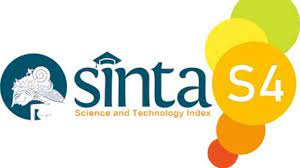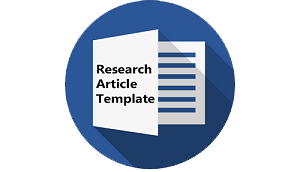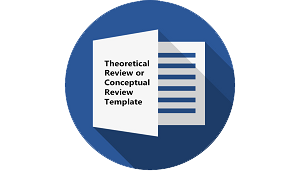AN ANALYSIS OF COOPERATIVE PRINCIPLES IN A GROUP OF MIDDLE-AGED WOMEN CONVERSATION FOUND IN SALAYO WEDDING COOKING TRADITION: A SOCIOPRAGMATIC STUDY
DOI:
https://doi.org/10.30957/ijoltl.v7i2.641Keywords:
Cooperative Principles, Conversation, Middle-aged Women, Cooking Tradition, SalayoAbstract
Communication is a way to interact with others and also a process of delivering information from the speaker to the hearer. As stated that pragmatics is compatible with communicative functions because pragmatics is the study of how language is used in communication. In formal conversations, Grice's cooperative principles are still relevant to apply. The principle of cooperative by Grice is divided into four maxims those are 1) maxim of quality, 2) maxim of quantity, 3) maxim of relevance, 4) maxim of manners. This research is about the principles of cooperative delivered by speakers and hearer related to the data obtained. Therefore, the writers aim to describe the principles of cooperative used in the group of middle-aged women's conversation during the wedding cooking tradition in Salayo. The research is conducted by using a qualitative research methodology. The purpose of this research is to describe the application of the cooperative principles in the conversation of among middle-aged women during the cooking tradition in Salayo. The data used in this study were taken or sourced from a group of middle-aged women's conversation during the cooking tradition in Salayo. In discussing the analysis' results the researchers obtained data in the form of records and field notes, both in the form of descriptions and reflections. The results found in this research are two forms of cooperative principle, those are the maxim of quantity and quality. A number of utterances found are categorized as violations of the maxims if it is based on Grice''s theory, however, that does not apply to the utterances in a group of middle-aged women in Salayo during the cooking tradition. It is because there are social and cultural contexts that must be considered when understanding and analysing these utterances.
Downloads
References
[2] Finocchiaro. 1974. English as A Second Language: From Theory to Practice. New York: Regent Publishing Company
[3] Halliday, Michael. 1973. Explorations in The Functions of Language. London: Edward Arnold
[4] Leech, G. 1993. Prinsip-Prinsip Pragmatik, Terjemahan M.D.D. Oka, Universitas Indonesia, Jakarta.
[5] Levinson, Stephen. 1983. Pragmatics. Cambridge: Cambridge University Press.
[6] Lubis, A. Hamid Hasan. 1993. Analisis Pragmatik. Bandung: Angkasa.
[7]Miles, M.B, dan Huberman. 1992. AnalsisiS Data Kualitatif. Terjemahan: Tjetjep R. Jakarta: UI
[8]Moleong. 2014. Metodologi Penelitian Kualitatif. Bandung: Remaja Rosdakarya
[9]Moleong, Lexy. 2000. Metodologi Penelitian Kualitatif. Bandung: Remaja Rosdakarya.
[10]Rahardi, R. Kunjana. 2005. Pragmatik Kesantuan Imperatif Bahasa Indonesia. Jakarta: Erlangga.
[11]Rustono. 1999. Pokok-pokok Pragmatik. Semarang: CV IKIP Semarang Press
[12]Samarin., W.J. 1988. Ilmu Bahasa lapangan. Terjemahan oleh J.S. Badudu. Yogyakarta: Kanisius
[13]Sumarsono & Paina Partana. (2004). Sosiolinguistik. Yogyakarta: Sabda & Pustaka Pelajar.
[14]Wijana, I Dewa Putu. (1996). Dasardasar pragmatik. Yogyakarta: Andy.
[15]Zamzani. 2007. Kajian Sosiopragmatik. Yogyakarta: Cipta Pustaka
Downloads
Published
How to Cite
Issue
Section
License
Authors who publish with this journal agree to the following terms:
- Authors retain copyright and grant the journal right of first publication with the work simultaneously licensed under a Creative Commons Attribution-ShareAlike 4.0 International License that allows others to share the work with an acknowledgement of the work's authorship and initial publication in this journal.
- Authors are able to enter into separate, additional contractual arrangements for the non-exclusive distribution of the journal's published version of the work (e.g., post it to an institutional repository or publish it in a book), with an acknowledgement of its initial publication in this journal.
- Authors are permitted and encouraged to post their work online (e.g., in institutional repositories or on their website) prior to and during the submission process, as it can lead to productive exchanges, as well as earlier and greater citation of published work (See The Effect of Open Access).












